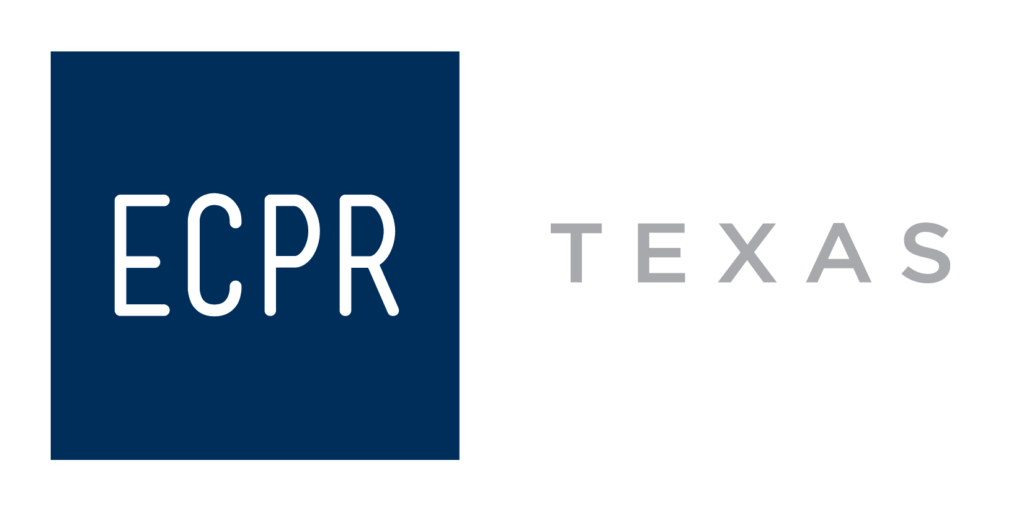“According to most studies, people’s number one fear is public speaking. Number two is death. Death is number two. Does that seem right? That means to the average person, if you have to go to a funeral, you’re better off in the casket than doing the eulogy.” Jerry Seinfeld
A Chapman University survey finding that the No. 1 fear of Americans is public speaking backs up the coffee and car enthusiast comedian’s joke.
People fear rejection when speaking in public or putting their written thoughts and opinions into the public sphere. But because public speaking and public sharing of ideas or goals is critical to every type of organization—corporate, political or a nonprofit—leaders just can’t be shy or ill-prepared. It’s through sharing these ideas that organizations build trust and credibility, as well as manage a crisis, and lead from the front.
This is where public relations professionals make the difference. I’ve had the opportunity to write speeches that have been delivered on the floors of the U.S. Senate and House of Representatives, on national television at political conventions and in rooms packed with business executives. I’ve also helped write dozens of op-eds appearing in publications across the country. With such experiences to draw from, ECPR’s expertise can help you as you undertake a new project. We rely on some key principles below that I believe are worth sharing.
Know the speaker
Everyone has a voice—a distinctive way of talking and a particular vocabulary and cadence that is personal. When writing for someone else, write in a way that is true to that voice. Additionally, when a speaker tries to interject regional colloquialisms into a speech based upon where they are in the moment, it may sound inauthentic. Don’t have a speaker from Rhode Island shoehorn a ‘‘fixin’ to’’ into a speech in Texas if it isn’t part of their personal voice; the audience will just groan.
Know the audience
Every audience is different. Use vocabulary that the audience will understand. If writing a piece for publication in print or online, use easy to understand words and eliminate jargon. On the other hand, if it’s a speech for an audience of tech industry founders and software engineers, more complicated terms and vocabulary are acceptable. Still, stay away from jargon.
Know the goal
There’s nothing worse than a speaker who drones on or a written piece that meanders and doesn’t get to the point. Speech lengths do vary but have a clearly defined message regardless of length. I like to structure speeches so there’s no doubt what’s important. When it comes to written pieces, 500-600 words is just enough to say it well. Check the word count on this piece!
The bottom line is that you don’t need to go it alone. Our team has decades of combined experience at your disposal. So, if your organization is hosting a major event or your board needs a hand or your CEO is giving that first major speech and needs training, our team is here to help with our in-depth executive speaker training program where we will coach you on the tenets above, and much more.
Walter Zaykowski is a director with ECPR.


